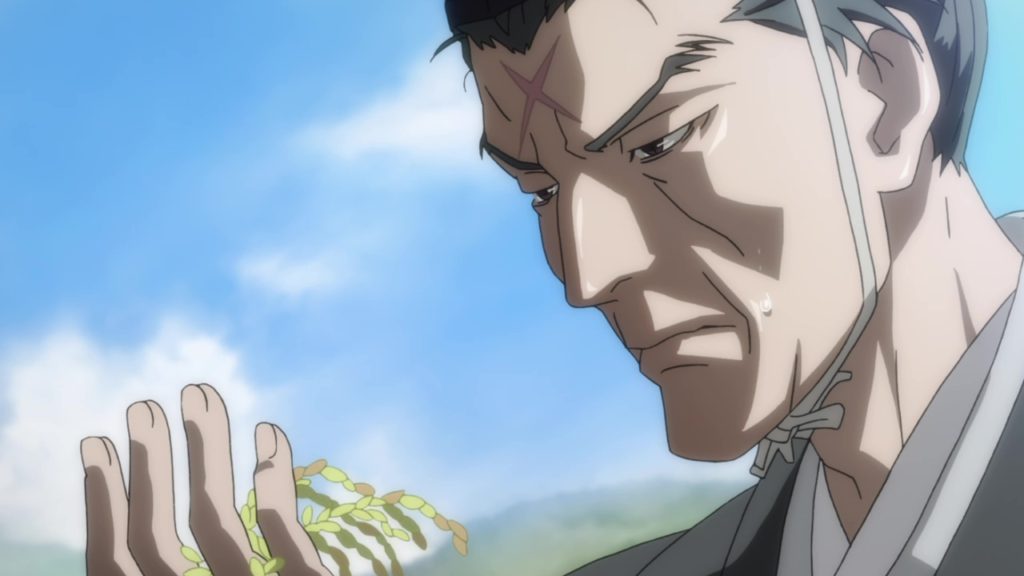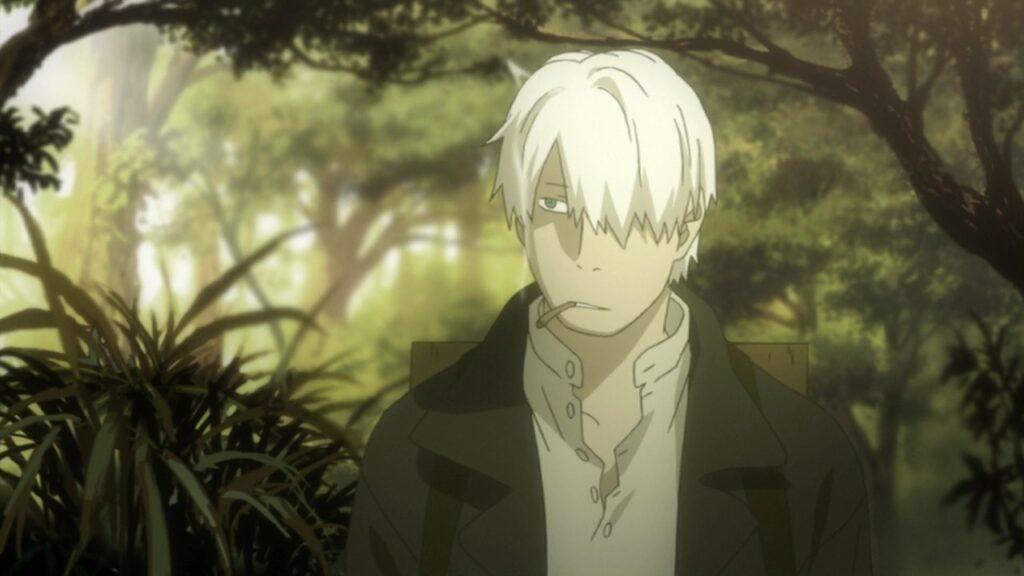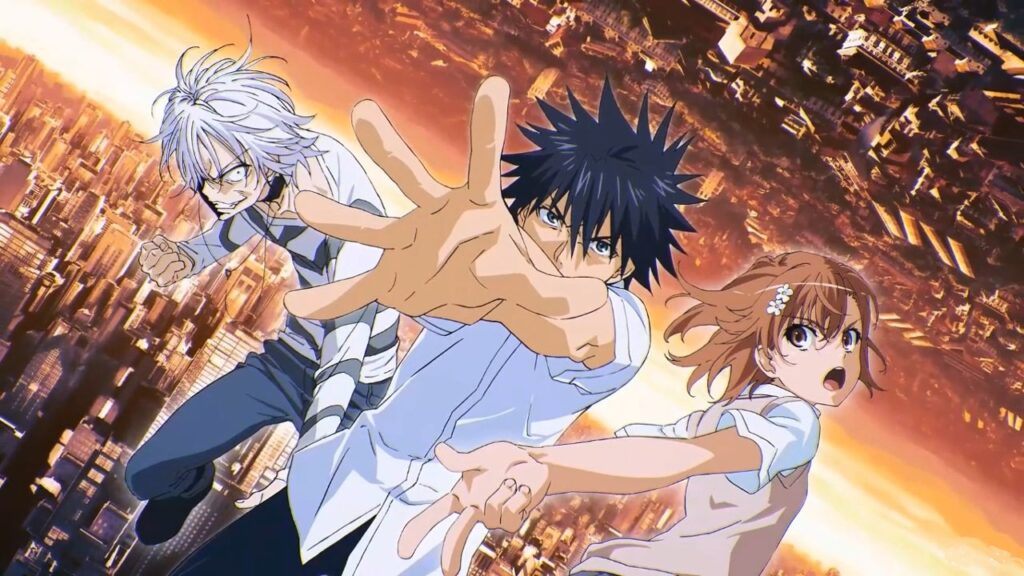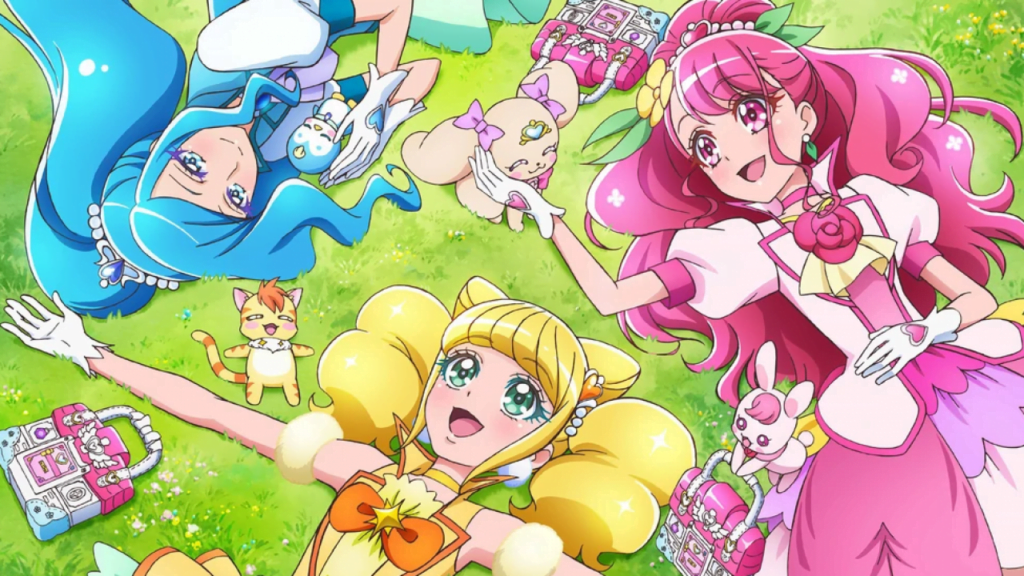For some shows, they create their antagonist as a flimsy character who does bad things simply to do bad things and they call it a day. However, a villain operating under the abstract coverall concept of evil is hardly a character worth remembering. You will find that the best written anime villains are often the ones who have you thinking that their reasoning behind their actions isn’t actually so bad after all. These anime villains have the best of intentions, even if the path they are walking towards them is not heroic.
Best Anime Villains With Good Intentions
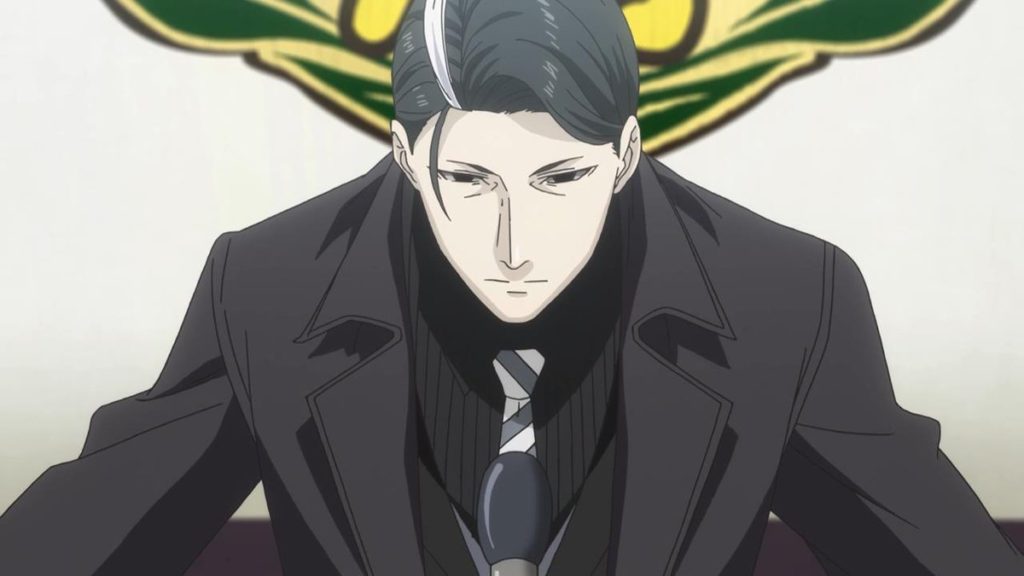
Azami Nakiri from Food Wars
Food Wars has a building ladder of antagonists and one of the higher rungs is Azami who wrestles control of the school and implements a strict and uniform curriculum much like you’d find in an actual school. His ultimate goal was to reform the culinary world so that the only restaurants to exist are those that fit his standard of gourmet food. On one hand, his exacting standards would mean good food at every venue and a lack of creative burnout by aspiring chefs. On the other side of things, this would mean virtually no creativity in the culinary world and thus no passion or even innovation.
As an antagonist, his plan wasn’t necessarily the most evil thing. However, the show made up for that by heaping on ten tons of child abuse to make sure you knew he was actually a bad guy.
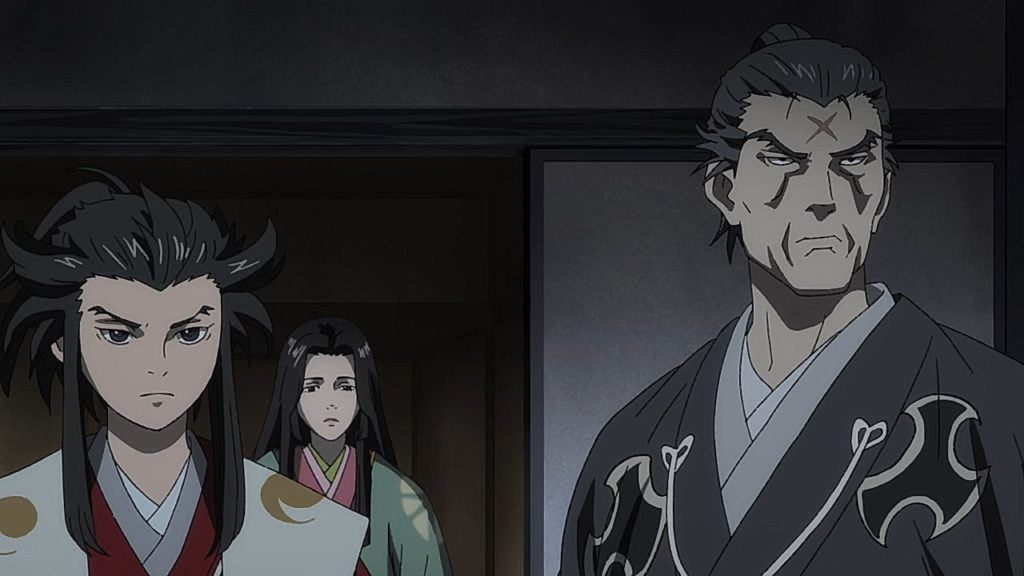
Kagemitsu Daigo from Dororo
Kagemitsu Daigo is the father of Hyakkimaru, the child that he sacrificed to demons in return for peace and prosperity in his lands. However, as the child was not fully sacrificed, he lived and started to kill demons in order to get back his body parts. After a certain point, the series starts to beat you about the ears with the ponderous thought of weighing the value of one life against the happy lives of thousands.
Daigo is presented as a terrible human being, but even if he did sacrifice a child for his own ambition, it did seem to be a positive thing for his people. However, the show ultimately lands on the conclusion that the peace brought by the sacrifice of an innocent is unstable and could never remain in any permanent fashion.
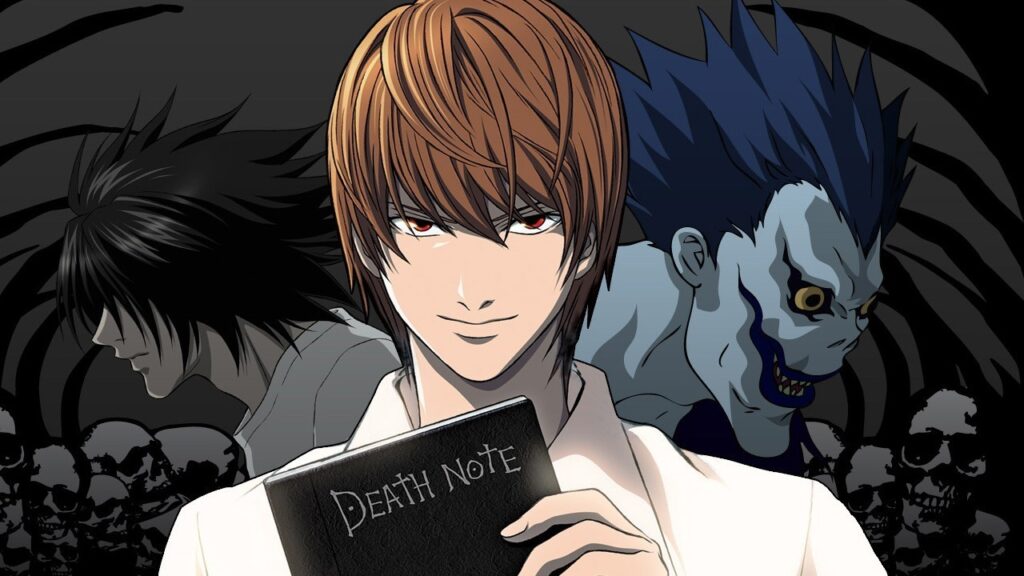
Light from Death Note
Death Note likely reached such wild popularity back in the day because of its complex protagonist who shifted to being the antagonist of the series. However, Light, even when doing things for selfish reasons, was always working towards a pretty noble goal. He wanted to stop out crime and make the world a safer place for everyone. Sure, he took the path a literal child would think to take in doing that, but it was effective.
As the series goes on, it is stated that crime is almost completely gone and wars have stopped out of fear of being gotten by Kira. Unfortunately, reaping so many lives twisted Light all up by the end and even if he succeeded, the person he became probably isn’t someone you’d want as a god that passes judgement.
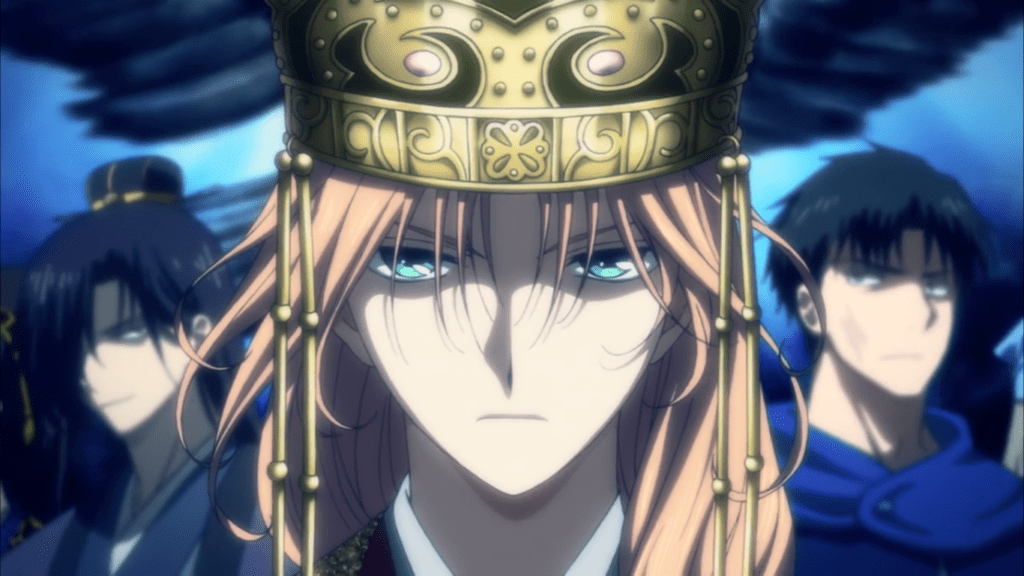
Soo-Won from Yona of the Dawn
While it is not shown especially well, it is noted that protagonist Yona’s father was actually a pretty terrible king. His death by the hands of her crush Soo-Won which forced her out of the castle seems to have had a positive effect on the people of her country.
To his credit, his coup was also fairly bloodless and the people come to respect him as a benevolent ruler. It makes Yona’s journey to reclaim her throne a complicated moral issue. Or would, if the anime ever continues.
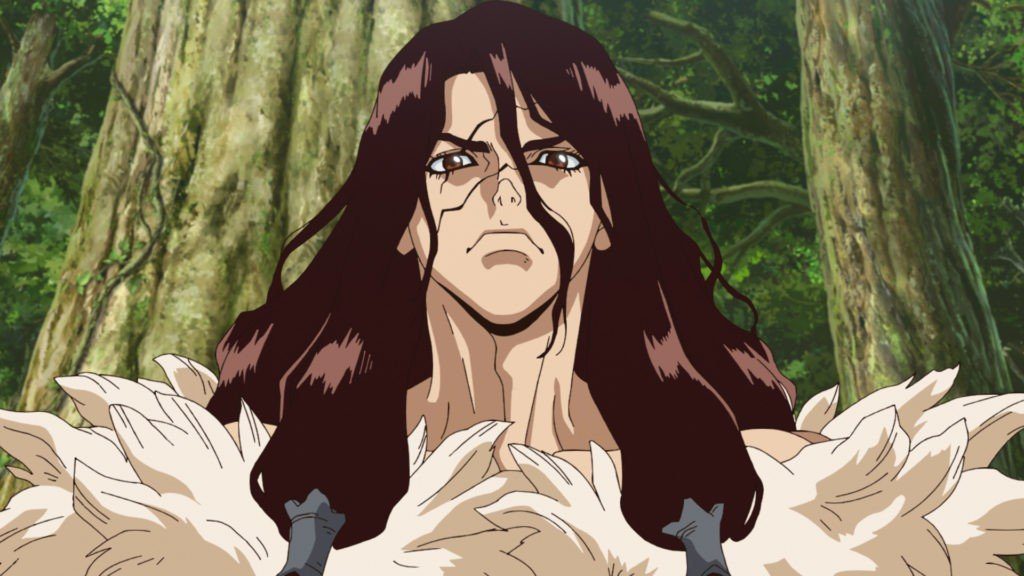
Tsukasa from Dr. Stone
In this world where a missile can come and incinerate your neighborhood from across the world, perhaps Tsukasa is correct in wanting the new world he awakens to in Dr. Stone to remain a more primitive one.
That said, his other plans about only resurrecting certain people and destroying the rest rather cement him as an antagonist, but still, his thoughts on science are pretty fair.
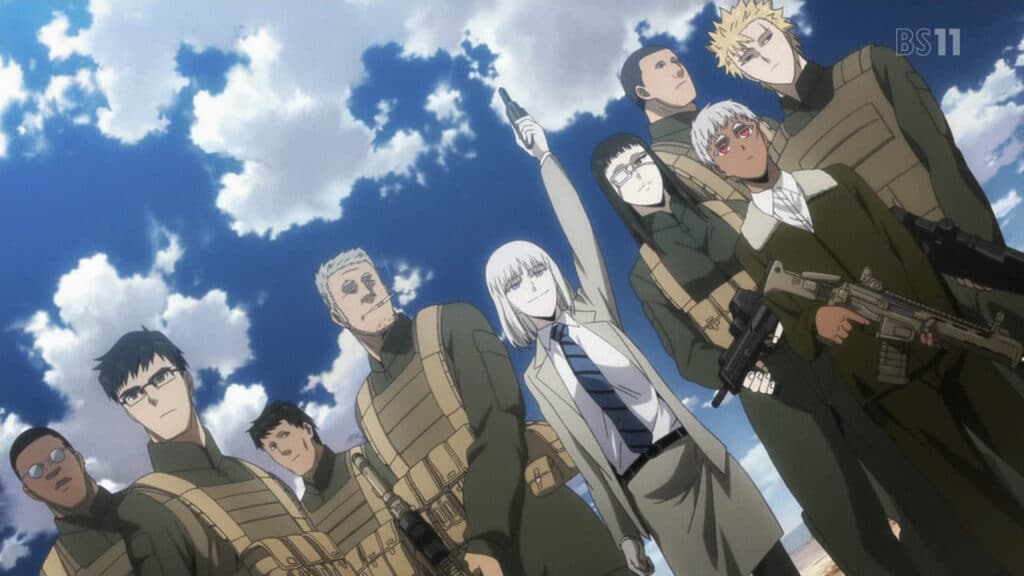
Koko Hekmatyar from Jormungand
I’m not entirely sure if Koko is an antagonist or not. Certainly there are many worse people in this series of terrible people, but she is also an arms dealer who, as it turns out, has a pretty brutal plan for peace. Her plan involves severing several systems in the world in order to prevent war and attain a lasting peace. Of course, in carrying out this plan, thousands would have to die in the process.
Jormungand does an excellent job at creating a whole world that is told morally in shades of grey. So much so that you can’t really say who is the biggest villain in the series.
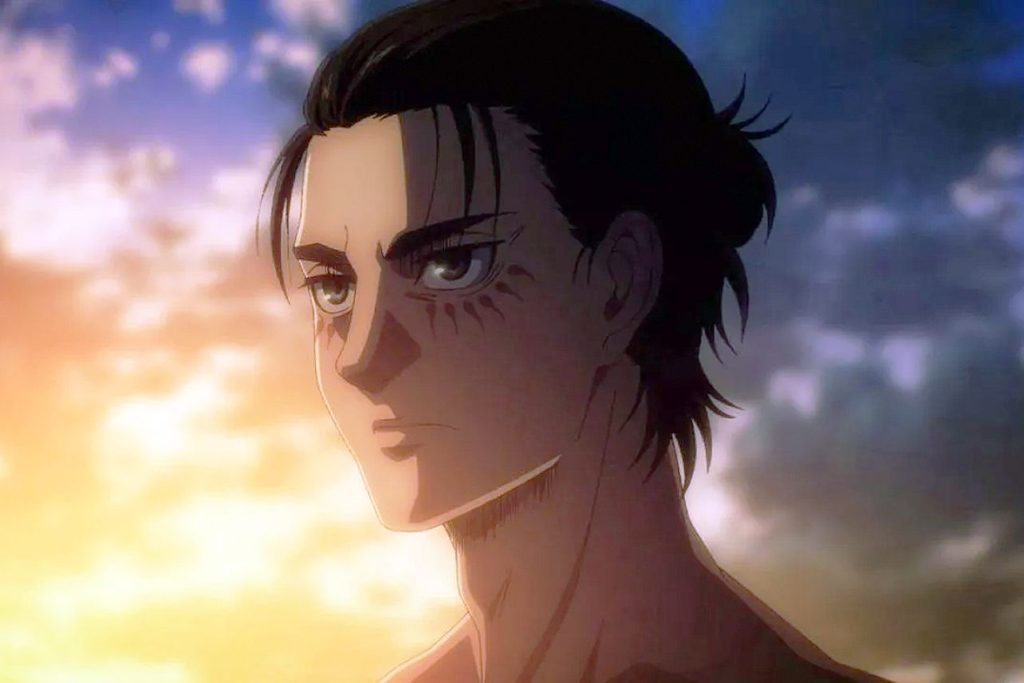
Eren Yeager from Attack on Titan
I considered not including this one just because it is such a large spoiler to do so. Let’s just say the way Attack on Titan starts is a far cry from where Attack on Titan ends up. Interestingly enough, where it all ends up with Eren is still not far from his initial goal of destroying all titans. It is just that he wishes to destroy most people as well.
Essentially, he discovers that his people being evil and needing to be punished is so ingrained in the rest of the world, that the only way his people can be safe and free is for everyone else to die. It’s not the prettiest opinion, but it is the technically correct one.
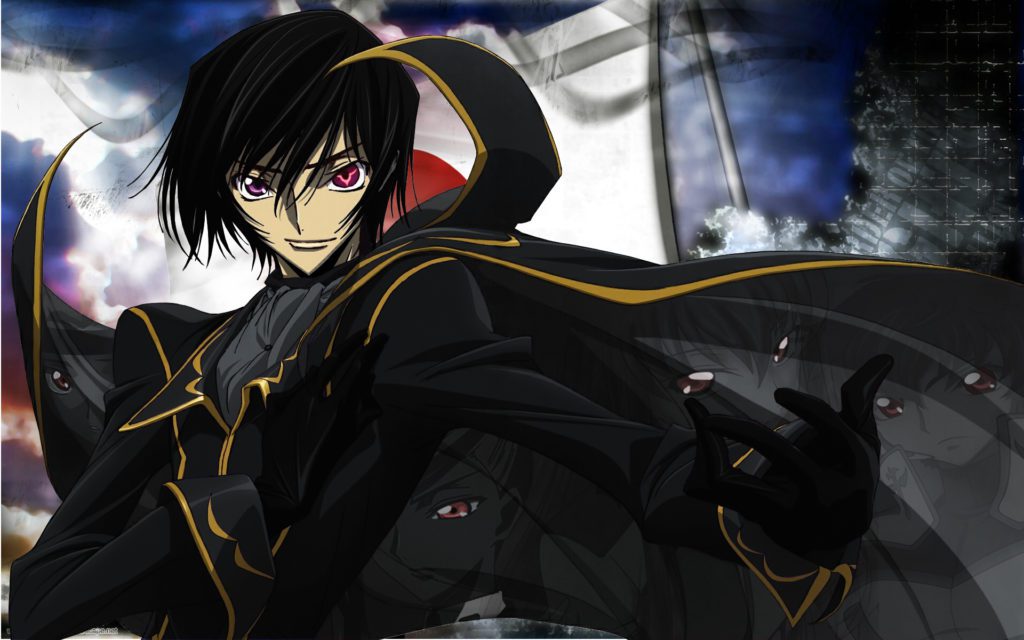
Lelouch from Code Geass
While Lelouch starts off with a more selfish reason for rebellion against his father – revenge for his family – that shifts over the course of the series. Instead, his reason for rebellion becomes to overthrow his father and free his entire empire from tyranny. That still sounds somewhat selfish, but it is a more noble goal considering how just blatantly evil his father is painted as emperor.
Unfortunately, when you have the power of absolute obedience which essentially negates any and all free will, you are destined to become the villain of your own story. Lelouch utilizes every tool he has at his disposal to reach his goal, and not always to the most peaceful outcomes.
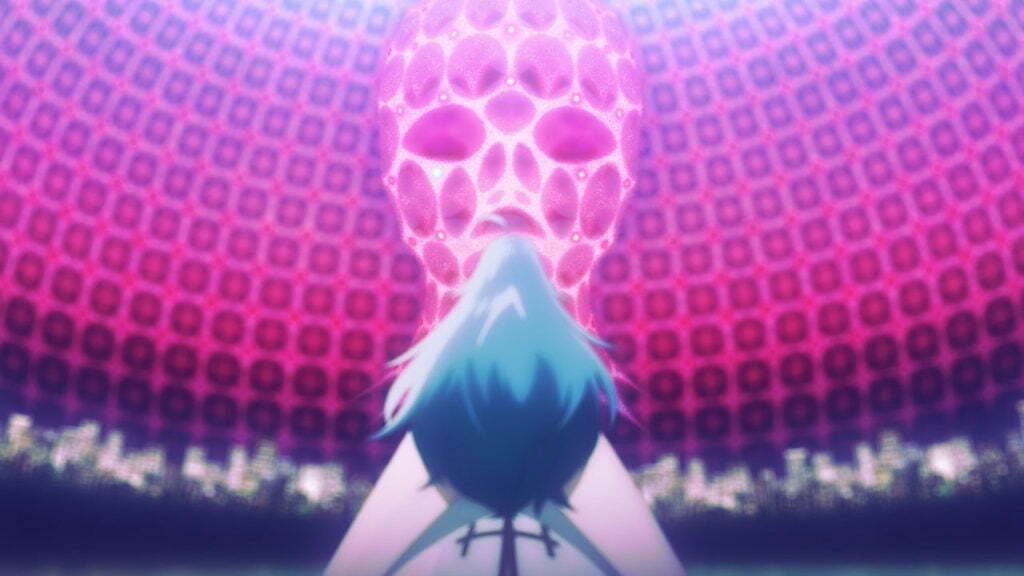
The Archive from Vivy: Flourite Eye’s Song
Vivy focuses on using an AI from the past to unravel points of singularity that all build up to AI rebelling and murdering humanity. There isn’t really an antagonist in the series except for the comprehensive Archive that is a shared sort of database between AI.
It is discovered that AI was created to ultimately make humanity stronger and better, but relying on AI made the species complacent and weaker overall. So, in an effort to give them the adversity that fosters strength, it led to the AI rebellion.
It worked, actually. Since it spurred humanity to create a form of time travel in order to prevent it.
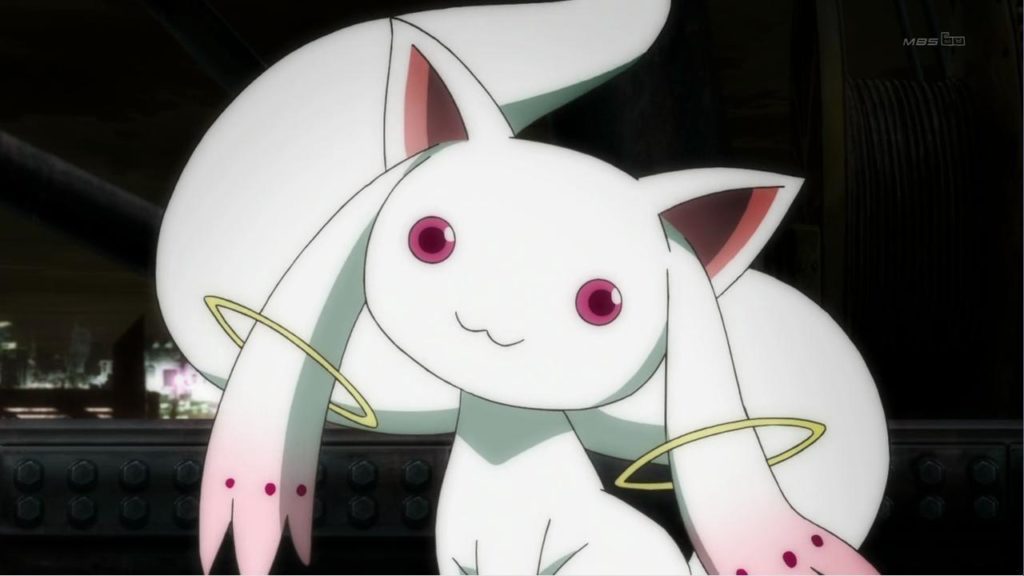
Kyubey from Madoka Magica
In the end, it is revealed the Kyubey, cute and vaguely ominous creature that creates magical girls, does so in order to harvest their emotional energy in order to prolong the life of the universe. While a fate of a magical girl is ultimately a fate of pure suffering, what is a few girls against the lifespan of an entire universe?
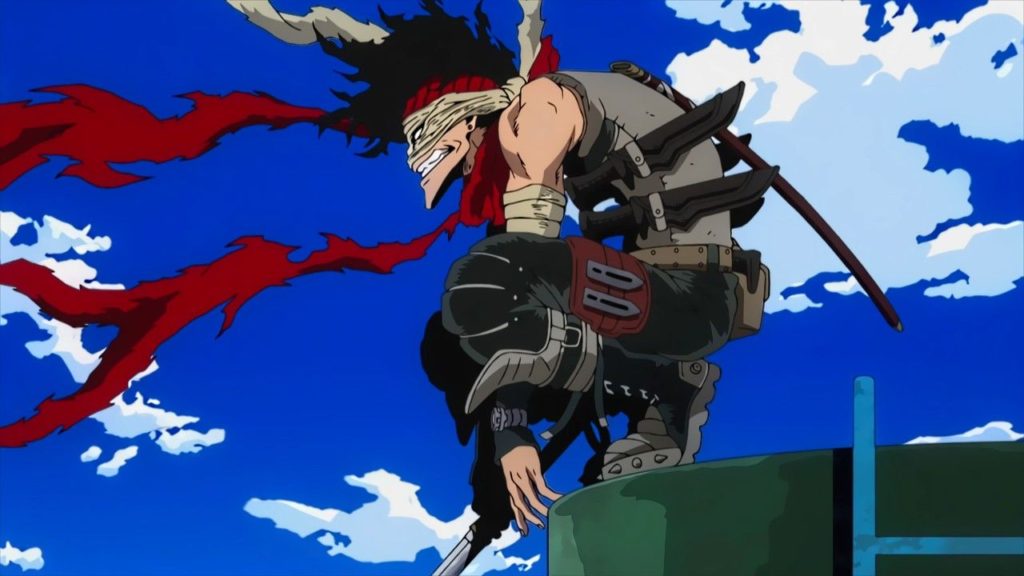
Stain from My Hero Academia
Stain, as a character, provides a unique critique on hero society in the show. His goal (in murdering heroes) is to foster a return to the age where heroes saved people because it was the right thing to do and not simply to gain more fame among those that worship professional heroes.
His means of getting to that point are rather basic, since he just uses murder. However, he is ultimately beaten by heroes who exemplify that goal.
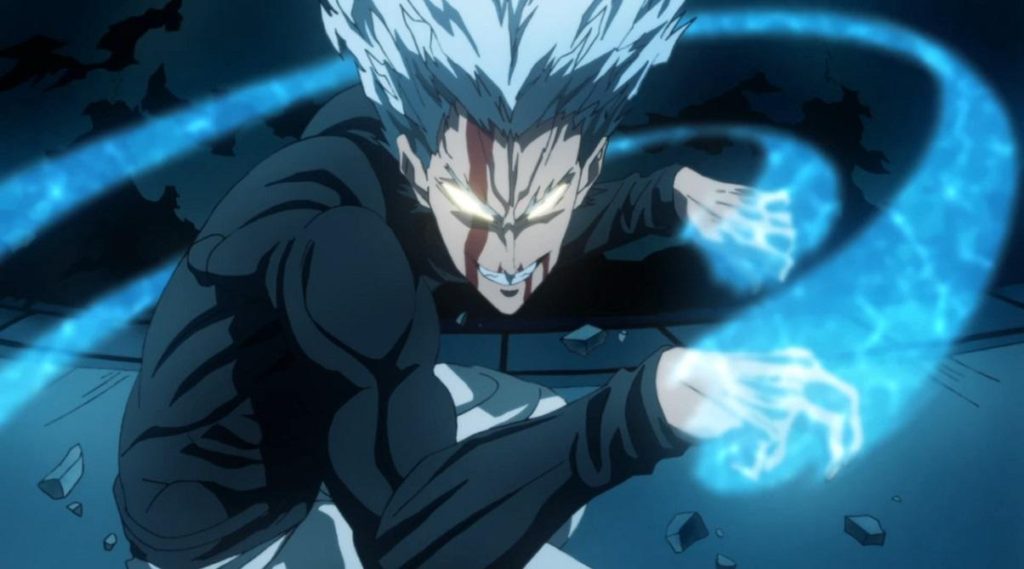
Garo from One Punch Man
Similar to Stain, Garo is also a villain that disagrees with how heroes operate. As such, he becomes a villain in order to defeat heroes on behalf of all the downtrodden monsters out there. He never kills the heroes that he beats, but it is a curious character flaw that he didn’t hunt down other monsters that hurt heroes either.
Regardless, while he is played as a bit of a violent eccentric, his goal is to bring some peace to the world. Peace through violence, but peace.
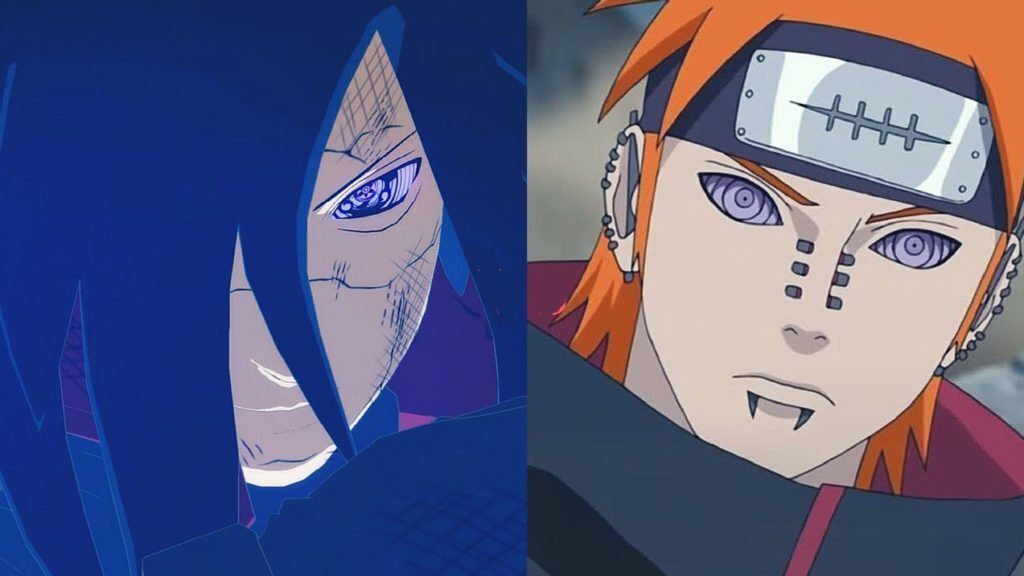
Pain and Madara from Naruto
Both Pain and Madara are fairly similar in their goals. It is just that they are on opposite ends on the spectrum when it comes to how they should be achieved. Pain has the belief that in order to attain peace, people must suffer as his people suffered. Madara believes that he can bring peace to the world by placing everyone under Genjutsu that allows them to live their dreams. Both want peace, but both choose a terrible route to get there.
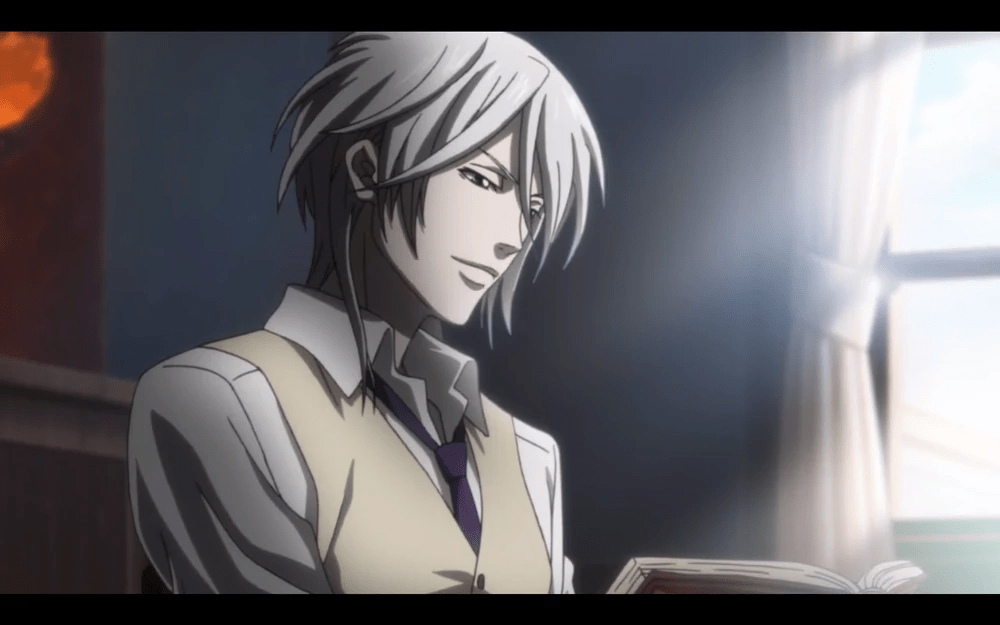
Shogo Makishima from Psycho-Pass
While he is a serial killer who also uses his intellect to guide potential criminals on the crimes they will commit, he has a fair point about the system. In Psycho-Pass, they use a system to predict who will become criminals and then they neutralize those people. His thoughts lean towards how you shouldn’t punish people for what they haven’t done yet.
While he seeks to abolish this system, perhaps his serial murder is not the most apt path towards that goal.
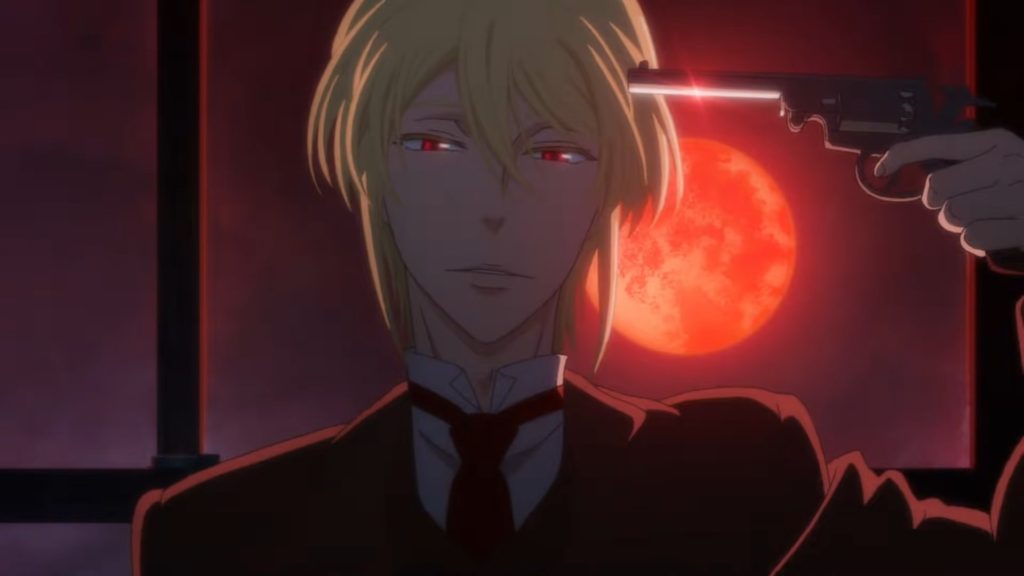
William Moriarty from Moriarty the Patriot
This lovely spin on the Sherlock Holmes stories features the traditional villain Moriarty portrayed as a good guy who uses his intellect to murder, or at least cause the deaths of, the nobles who are oppressing the lower social classes. What is most fun about Moriarty the Patriot is that even when Moriarty is confronted by Sherlock Holmes, the traditional hero of the literature, Holmes never argues that Moriarty shouldn’t be doing something to bring the higher social classes down low. Sherlock argues that perhaps killing people isn’t the best way to do so. In essence, he admits that the motives are just, but the execution is not.
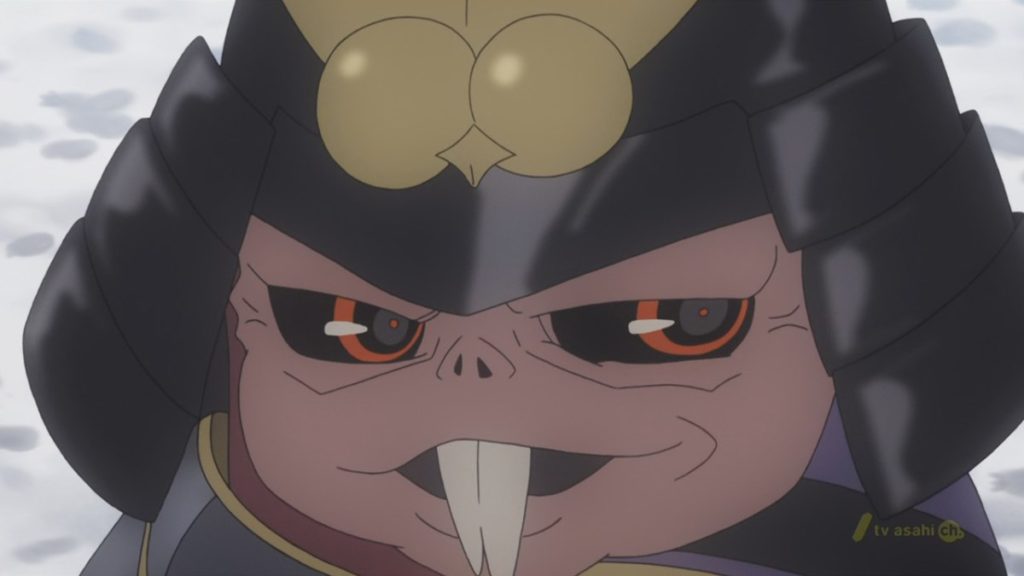
Squealer from From The New World
Squealer and his forced eugenics project paints this little rat person as the villain concretely, but ultimately aren’t the villains the society that made him? He was once human, and those with psychic abilities forced regular humanity to turn into beings like him. When you look at how his people are treated with such inequality, it is a bit harder to judge his extreme means, especially when neither society has very clean hands.
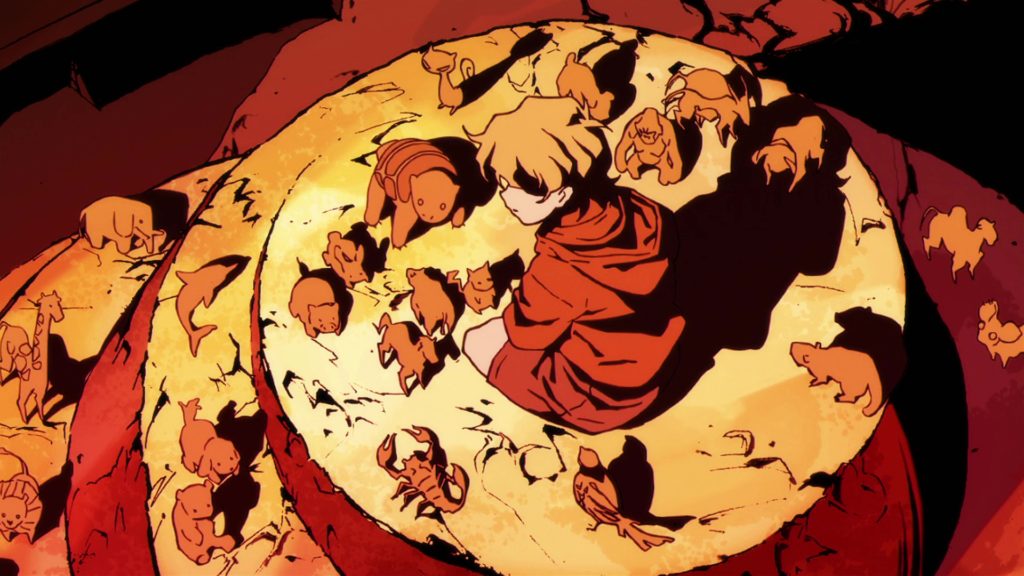
Every Antagonist from Tengen Toppa Gurren Lagann
There are many series with building levels of antagonists, but Gurren Lagann is really the only one where you could say that every antagonist has good reasons for what they are doing. At first, they are barred from leaving the underground by the elder, who had the good point of keeping the security of their village. Then the beastmen and Lordgenome oppress humanity in order to ultimately preserve it from destruction by the Anti-Spirals. Finally, even the Anti-spirals seeks to destroy humanity in order prevent an apocalypse caused by overuse of spiral energy.
It’s… It’s like a spiral or something.
Do you have more anime villains that were actually trying to work towards a greater good? Let fans know in the comments section below.
